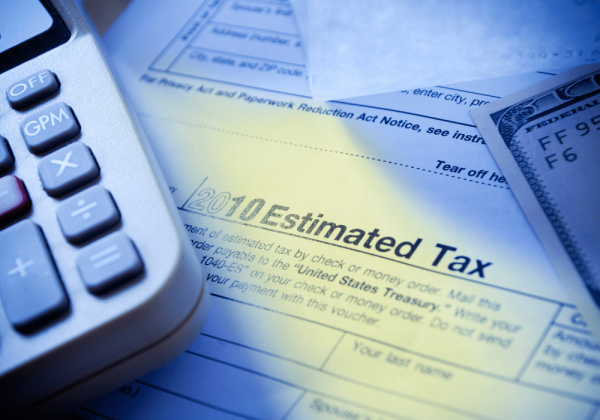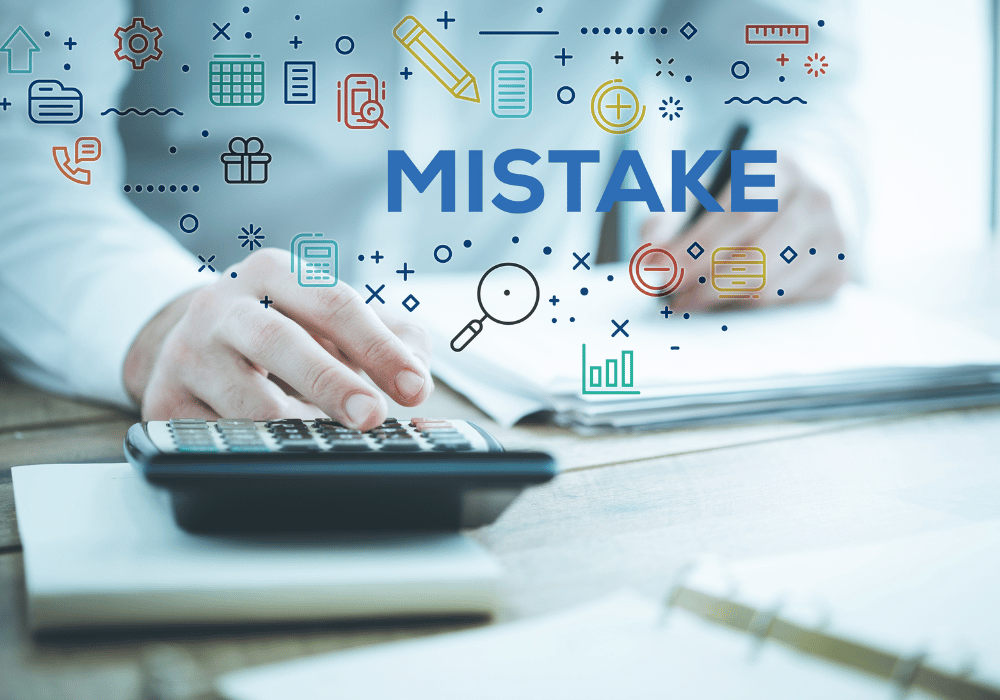Filing taxes can be daunting, especially if you’re a small business owner, freelancer, or individual taxpayer managing multiple income streams. The smallest misstep could lead to audits, penalties, or even hefty fines. But with careful planning and accurate filing practices, you can avoid these complications while keeping more of your hard-earned money. This guide will walk you through the five most common tax filing mistakes and provide actionable tips to ensure you stay compliant and maximize your return.
Mistake 1: Misreporting Income
Why It’s a Problem
Misreporting income—whether it’s unintentional or not—is one of the most common errors taxpayers make. If you fail to declare all your income sources, whether from full-time employment, freelance gigs, or investments, you might face harsh scrutiny from the Canada Revenue Agency (CRA).
 How to Avoid Misreporting
How to Avoid Misreporting
- Organize Your Income Sources: Keep a detailed log of all income streams, including full-time jobs, side businesses, and one-off freelance projects. Digital tools like QuickBooks and Expensify can simplify tracking.
- Reconcile Bank Statements: Cross-reference your bank statements with invoices and payment records to ensure nothing is overlooked.
- Account for T4 and T5 Slips: Always include income from T4 slips (employee earnings) and T5 slips (investment income)—forgetting these could trigger an audit.
- Ask for Help: If things get complicated, a professional accountant can make sure every dollar earned is accurately recorded.
Mistake 2: Incorrectly Claiming Deductions
Why It’s a Problem
Tax deductions are a powerful way to reduce your taxable income, but claiming ineligible expenses or misclassifying items can raise red flags with the CRA.
How to Avoid Deduction Errors
- Know What’s Eligible:
- Home Office Expenses: Only claim if you use the space exclusively for business purposes.
- Travel Expenses: Ensure trips are 100% work-related.
- Business Supplies: Save receipts and avoid claiming personal purchases as business expenses.
- Maintain Receipts and Records:
- Keep proof for every deduction, including receipts, mileage logs, or digital invoices. The CRA often requests documentation during audits.
- Consult the CRA Website: Check the CRA’s guidelines to understand deduction eligibility, as requirements can change annually.
- Consider Professional Guidance: A tax professional can help interpret complex deduction rules and prevent costly mistakes.
Mistake 3: Missing Tax Deadlines
Why It’s a Problem
Tax deadlines wait for no one. Failing to file on time can result in financial penalties, interest charges, and unnecessary stress. If you’re operating a small business or working freelance, this problem can multiply as you scale.
How to Avoid Missing Deadlines
- Mark Your Calendar:
- For individuals, taxes are due April 30 in Canada.
- Self-employed individuals have until June 15, but any taxes owed must still be paid by April 30.
- Set Reminders:
- Use apps like Google Calendar or tax-specific tools like TaxPass to stay ahead of deadlines.
- File Early:
- Filing early leaves room for adjustments and ensures you avoid last-minute scrambling.
- Seek an Extension:
- If your circumstances make filing by the deadline impossible, request an extension before incurring penalties.
Mistake 4: Neglecting Estimated Taxes
Why It’s a Problem
Freelancers and small business owners are often responsible for estimating and paying taxes quarterly. Ignoring this obligation can lead to a lump-sum tax bill (and potential penalties) when filing season comes around.
 How to Avoid Estimated Tax Oversight
How to Avoid Estimated Tax Oversight
- Determine if Quarterly Taxes Apply:
- If you expect to owe over $3,000 in taxes as a self-employed individual, you’ll need to make quarterly payments.
- Calculate Payments Accurately:
- Use CRA Form T2125 to estimate taxable income and calculate quarterly payments. Digital tools like Wave or FreshBooks can also help.
- Set Up Payment Reminders:
- Schedule quarterly reminders for the CRA’s due dates to stay on track.
- Create a Separate Fund:
- Set aside approximately 25–30% of each gig or client payment for taxes, so you’re never caught off guard.
Mistake 5: Not Keeping Adequate Records
Why It’s a Problem
Poor record-keeping can complicate tax filing and leave you vulnerable to audits. Without proper documentation, proving your claims—like business expenses or charitable deductions—can become a hassle.
How to Avoid Record-Keeping Errors
- Digitalize Everything:
- Use cloud-based tools like Dext or Receipt Bank to store receipts, invoices, and payment confirmations.
- Create a Filing System:
- Keep digital and physical records organized by category, such as income, expenses, and tax forms.
- Archive for Seven Years:
- CRA expects you to retain tax documents for seven years. Create backup copies to prevent loss in the event of system crashes.
- Update Regularly:
- Dedicate time each month to organizing records instead of waiting until tax season.
Avoiding these common mistakes during tax season is crucial—not only to ease the filing process but also to protect your finances in the long run. By staying organized, informed, and proactive, you can secure greater savings, reduce audit risks, and focus more energy on growing your business or freelance career.
If you’re feeling uncertain, remember that professional help is always an option. A certified accountant can clarify confusing tax rules, assist with deductions, and ensure your return is as accurate as possible.
Tax filing doesn’t have to be a headache; with the right strategies and resources, it can become an opportunity to maximize your financial health.

